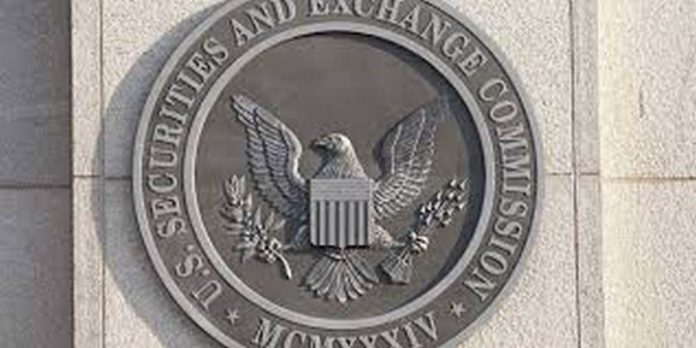Tema Oil Refinery boss, Asante Berko is currently in hot waters for his alleged role in the latest bribery scandal that has hit Ghana.
Mr Berko is alleged to have facilitated the payment of bribes to some officials of the erstwhile John Mahama administration and some legislators.
He was named by the United States Securities and Exchange Commission over bribes totaling 4.5million dollars received from a power company from Turkey through a Goldman Sach employee before 2016.
According to reports by Wall Street Journal’s Dave Michaels, Mr Berko who is a former banker at Goldman Sachs Group Inc. arranged for the millions of dollars in bribes to be paid to government officials in Ghana to help a client win a power-plant contract.
The reports further allege that Mr Berko who left Goldman Sachs in 2016, aside the millions, also personally paid bribes totaling $66,000 to members of the Ghanaian parliament and other government officials.
U.S. regulators have initiated a civil lawsuit over the action of Goldman Sachs which goes against U.S laws – Foreign Corrupt Practices Act.
The law bars individuals and companies from giving anything of value to overseas officials to win business.
READ ALSO
The Securities and Exchange Commission alleges that Asante Berko, a former executive at Goldman’s London subsidiary, facilitated as much as $4.5 million in bribes to help a Turkish energy company win a contract to build a power plant.
The SEC says the energy company, which wasn’t named, funneled money to an intermediary, which then paid bribes to Ghanaian officials.
In a press release, The SEC said Mr. Berko tried to hide the scheme from the bank, whose compliance officers questioned how the deal was put together.
Goldman, which wasn’t named in the SEC’s lawsuit, terminated its involvement with the project after the energy company refused to explain the intermediary firm’s role, the SEC’s legal complaint said.
“Goldman Sachs fully cooperated with the SEC’s investigation and as stated by the SEC in its press release, the firm’s compliance personnel took appropriate steps to prevent the firm from participating in the transaction,” said Nicole Sharp, a spokeswoman for Goldman.
The energy company paid Mr Berko $2 million for successfully coordinating the effort, the SEC alleges. The payments violated Mr Berko’s employment agreement with the bank, the SEC’s lawsuit says.
Mr. Berko knew the bank stood to earn $10 million in fees if the energy company won the contract and organized financing for it, the lawsuit alleges.
The deal would have “enhanced Berko’s performance and stature within” the bank, according to the SEC’s complaint.
In the suit, which was filed in Brooklyn federal court, the SEC asks for Mr. Berko to pay fines and give back any compensation he earned through the scheme.

